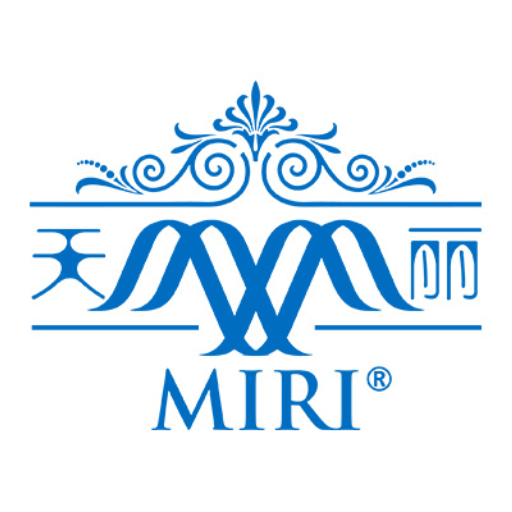Embracing Menopause: A Natural Transition and How to Thrive
Menopause is a natural and inevitable phase in a woman’s life, marking the end of her reproductive years. While this transition brings physical and emotional changes, it doesn’t have to be a time of discomfort or distress. With the right knowledge and support, women can navigate menopause gracefully and even embrace it as a new chapter of empowerment and wellness.
Understanding Menopause: The Basics
Menopause typically occurs between ages 45-55, when a woman hasn’t had a menstrual period for 12 consecutive months. This happens because the ovaries gradually produce less estrogen and progesterone, the hormones responsible for regulating menstruation and fertility. The years leading up to menopause (perimenopause) and the time after it (postmenopause) bring various changes that every woman should understand.
Common Symptoms of Menopause
Every woman’s experience with menopause is unique, but there are several common symptoms:
Physical Changes
Hot flashes, night sweats, vaginal dryness, changes in body shape (especially around the waist), thinning hair, and drier skin are among the most reported physical changes. Some women also experience joint pain or notice their skin losing elasticity.
Emotional and Cognitive Effects
Mood swings, irritability, mild depression, anxiety, and difficulty concentrating (often called “brain fog”) are common. Sleep disturbances from night sweats can exacerbate these symptoms.
Long-Term Health Considerations
Lower estrogen levels after menopause may increase risk for osteoporosis, heart disease, and urinary incontinence. That’s why proactive health management becomes particularly important during this life stage.
Natural Ways to Manage Menopause Symptoms
While some women opt for hormone replacement therapy (HRT), many prefer natural approaches first. Here are some effective strategies:
Nutritional Support
Eating a balanced diet rich in phytoestrogens (found in soy, flaxseeds, and whole grains), calcium, and vitamin D supports hormonal balance and bone health. Reducing caffeine, alcohol, and spicy foods may help minimize hot flashes.
Regular Exercise
Weight-bearing exercises strengthen bones, while yoga and meditation can help manage stress and improve sleep. Even moderate activity like walking helps maintain a healthy weight and heart health.
Targeted Supplements
For women seeking natural support, Miri Feminine Essence blends beneficial herbs like Pueraria Mirifica to help relieve menopause symptoms while supporting feminine vitality. Some women also find collagen supplements helpful for skin and joint health – our Miri Collagen Protein is derived from fish for optimal absorption.
Embracing the Positive
While menopause brings challenges, many women discover unexpected benefits:
• No more menstrual cycles or concerns about pregnancy
• Greater self-confidence and clarity about personal priorities
• Opportunity to focus on self-care and wellness
• Often, improved romantic relationships as couples adjust together
For more on making the most of this transition, see our blog Menopause: A Natural Transition and How to Embrace It with Confidence.
When to Seek Help
While menopause is natural, some symptoms shouldn’t be ignored. Consult your healthcare provider if you experience:
• Extremely heavy bleeding (soaking a pad hourly) or bleeding after menopause
• Depression that interferes with daily life
• Severe hot flashes that disrupt sleep and daily activities
• Pain during intercourse that doesn’t improve with lubrication
Thriving Through Menopause and Beyond
Menopause isn’t an ending—it’s a transformation. By understanding the changes happening in your body, implementing supportive lifestyle strategies, and seeking appropriate care, you can navigate this transition with grace. Many women find they emerge from menopause feeling stronger and more self-assured than ever before.
For more detailed guidance on managing specific concerns like menopause and weight management or addressing vaginal dryness, explore our comprehensive women’s health resources.
Remember, every woman’s journey through menopause is unique. Be patient with yourself, stay informed, and don’t hesitate to seek support—whether through healthcare providers, supportive communities, or natural solutions that align with your wellness philosophy.
